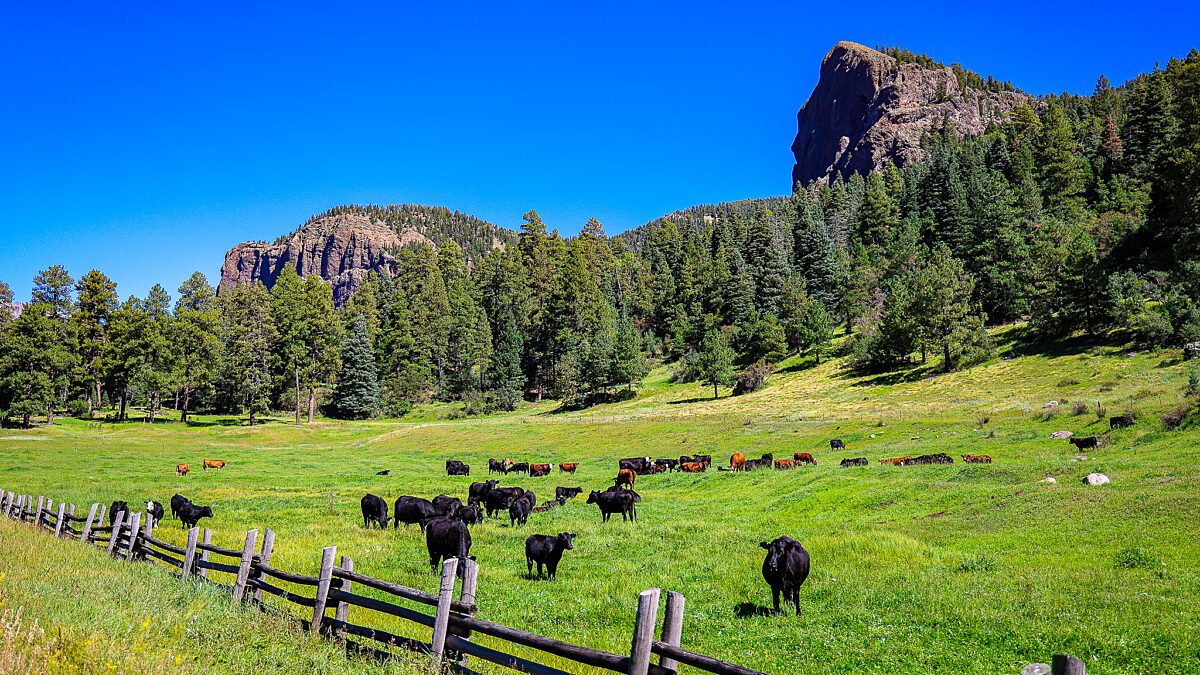A Great Place to Start on Tax Reform
Zippy Duvall
President

photo credit: Colorado Farm Bureau, Used with Permission
Zippy Duvall
President
The U.S. tax code is complex, and I do not envy those in Congress who are tackling the job of overhauling it. But I applaud them for taking it on, because reforms certainly are needed to ensure we are encouraging economic activity and growth.
Our tax code did not develop overnight. Unraveling and reforming it may not happen quickly either. But we do hear that leaders of the tax writing committees are making progress. When Congress returns from this week’s Memorial Day recess, the effort will kick into high gear.
The capital gains tax is also counter to the goal of bringing more new and beginning farmers and ranchers into the business of producing our food, fiber and energy crops.
The American Farm Bureau has a suggestion for where to start: reducing the capital gains tax. Because almost all farmers are heavily invested in land, buildings and breeding livestock, they get hit with capital gains taxes when they sell those assets. They also can get hit with higher costs to buy land and other assets when sellers try to roll the tax into the price of what they are selling. Whether they are affected on the selling side, the buying side or both, the tax makes it more difficult for farmers to respond to changes in consumer demand and markets. That is not what our tax code is supposed to do.
The capital gains tax is also counter to the goal of bringing more new and beginning farmers and ranchers into the business of producing our food, fiber and energy crops. Everyone knows it’s hard to get started in agriculture. By driving up the cost of land, buildings and breeding livestock or, worse, leading older farmers to hold on to those assets longer so they don’t have to pay capital gains taxes, the tax can make it that much harder for someone to get started in farming and ranching.
Think this is only a problem for the Bill Gateses and Warren Buffets? Think again. Farmers and ranchers get pushed into a higher-than-usual tax bracket when they sell farm assets, and USDA has found that 40 percent of family farms report some capital gains or losses, compared to just 13.6 percent of average individual taxpayers. Also, land and buildings account for 79 percent of farm and ranch assets.
A reduced capital gains tax, indexed to inflation, would be a great place to start in bringing the nation’s tax code back into alignment with our goal of encouraging economic growth and transfer of farm assets to the next generation of farmers and ranchers.
Zippy Duvall
President
Zippy Duvall
President
Vincent “Zippy” Duvall, a poultry, cattle and hay producer from Greene County, Georgia, is the 12th president of the American Farm Bureau Federation.
Trending Topics
VIEW ALL